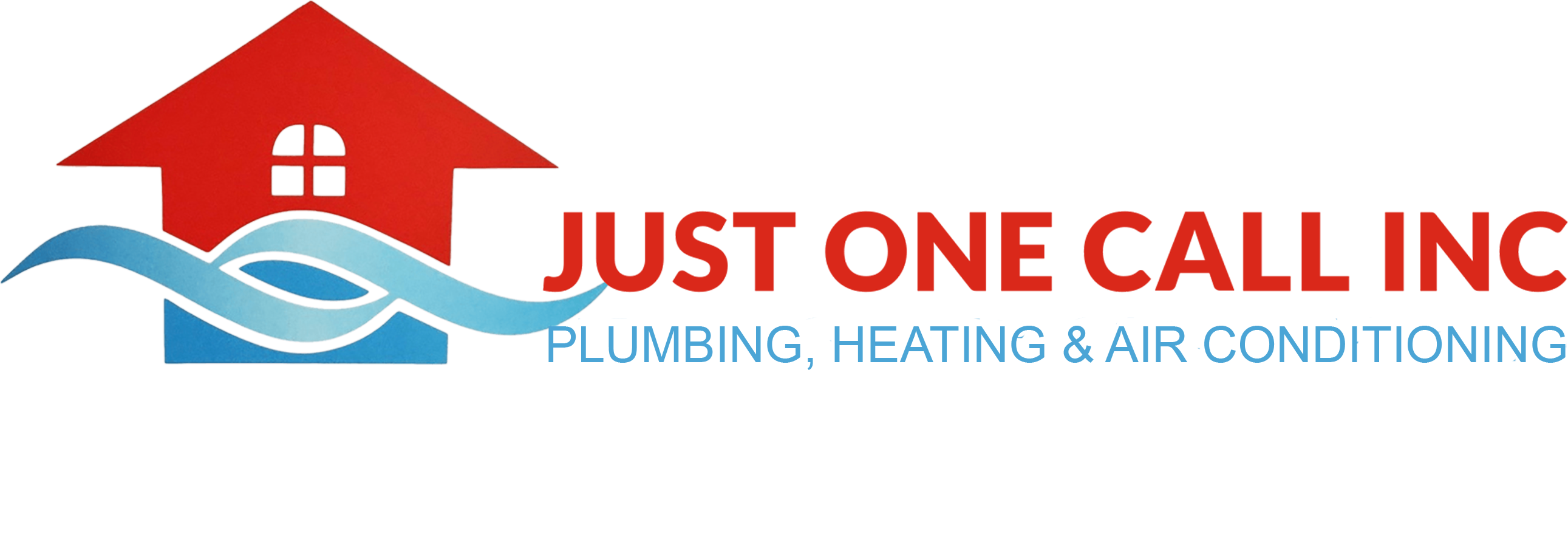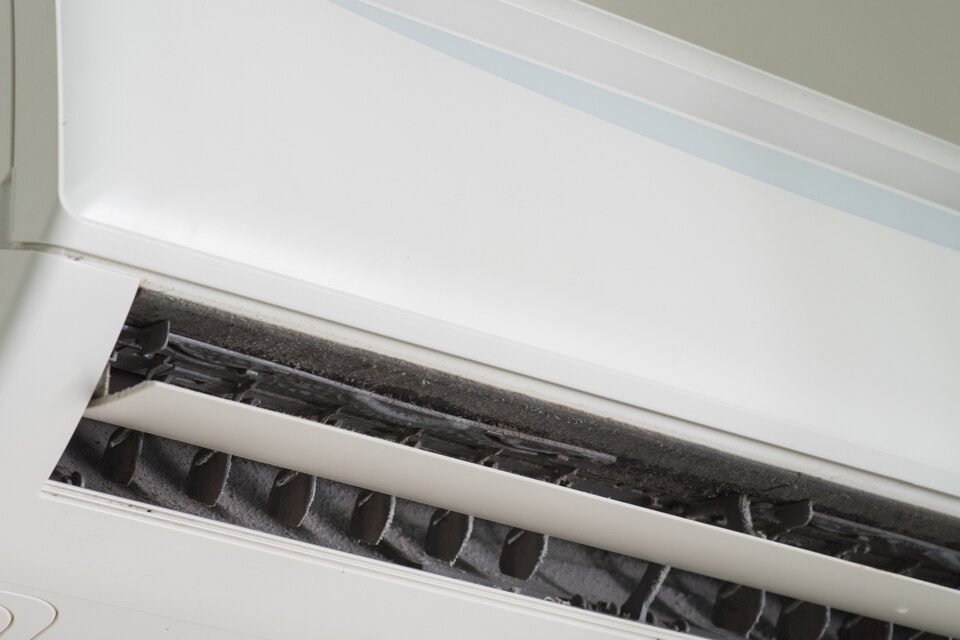Finding water pooling around your AC unit inside your Calabasas home can be concerning, especially during the warmer months when you’re relying on your system to keep things comfortable. While some homeowners might assume it’s just condensation, water leaks from an air conditioner are usually a sign that something is not working the way it should. If unnoticed or left unresolved, it can result in water damage to your floors, ceilings, or walls—not to mention added strain on the AC system itself.
The good news is, water leaking from your AC is a common issue and often has a few straightforward causes. Knowing how to respond quickly can help catch the problem early and reduce the chances of a more expensive outcome later. Here’s what you need to know about the causes of AC water leaks and the right steps to take when one shows up in your home.
Common Causes of AC Leaking Water
When an air conditioner starts leaking water, there is always a reason behind it. Most causes are tied to clogs, damage, or system wear that builds up over time. Brief breakdowns of the most common reasons include:
– Clogged condensate drain line: This is often the main cause of leaks. When your AC runs, it pulls moisture from the air and sends it through a drain line. If dirt, mold, or debris blocks that line, the water has nowhere to go and starts leaking back into your home.
– Dirty or frozen evaporator coil: The coil inside your air handler can freeze up if airflow is blocked, which often happens due to a dirty air filter. When that ice melts, it can overwhelm the drain pan and lead to water leaks.
– Low refrigerant levels: Low levels mean your unit is not cooling properly, which might cause the coil to freeze. As with the frozen coil issue above, when the ice melts, the water needs a place to drain and may spill over.
– Damaged or rusted drain pan: Over time, the drain pan under your indoor unit can crack or rust through. When this happens, even normal condensation can leak through instead of draining away.
For example, a family in Calabasas returned from vacation to find water stains on their living room ceiling. Their upstairs AC unit had a clogged condensate line. The leak had gone unnoticed for days, resulting in drywall damage that required patching and repainting.
Understanding these common causes can help homeowners react faster and know when it’s time to look into repairs.
Steps to Take When You Notice a Leak
If you have spotted water around your AC, do not panic, but do not wait either. Here are the first steps you should take:
1. Turn off the unit
Shut off your system at the thermostat to prevent more water from collecting. This can also help avoid electrical problems caused by the leak.
2. Check and clear the drain line
Look for signs of a blocked drain pipe. If you see standing water near the drain or notice mildew smells, blockage may be the issue. Avoid using aggressive cleaning methods and leave thorough repairs to our professionals. But it helps to make sure the area around the line is visible and accessible.
3. Inspect and replace the air filter if needed
A clogged or dirty air filter can reduce airflow, leading to coil freezing. Replace it with a new one if it has not been changed recently.
4. Look for damage in the drain pan
Use a flashlight to inspect the pan beneath your unit. If you see cracks, rust, or corrosion, the pan could very likely be the cause of the leak.
Taking quick action when you notice signs of water can help limit damage to your home. If the leak returns after restarting the AC or if it continues even after your checks, it is time to call our technicians. What looks like a small issue on the outside may have a deeper cause inside the system.
Prevention Tips for Homeowners
Preventing a leak is easier than dealing with the damage afterward. AC units in Calabasas tend to work harder during the summer, so regular maintenance is important. Smaller issues can become major problems over time without routine care. Homeowners can take several steps to help reduce the risk of leaks and extend the lifespan of their units.
Here are a few ways to prevent water from leaking out of your AC:
– Schedule regular maintenance with our professionals before summer temperatures peak
– Make sure your unit was installed correctly and is solidly in place
– Monitor refrigerant levels at each inspection or when you notice performance concerns
– Replace air filters every one to two months, especially if you have pets or allergies
– Keep the indoor unit area clear and clean throughout heavy-use seasons
Having your system inspected once or twice a year helps catch weak points, clogs, and worn components early. For example, a homeowner in Calabasas thought a minor puddle beneath their unit was no big deal. They wiped it up but didn’t follow up with maintenance. By July, the unit’s drip pan had rusted through completely, soaking the wall beneath and leading to drywall removal and painting costs.
It is tempting to skip regular maintenance if your AC is still cooling, but leaks are one of those problems that can happen quietly. Your system may still run, even as it causes hidden trouble.
When to Call Our Professionals
If your troubleshooting steps haven’t resolved the problem, our technicians are ready to take a closer look. Leaks that keep coming back are usually signs of something beyond surface level. Internal system damage or poor installation may be involved, and those aren’t issues that homeowners typically spot on their own.
Call our professionals when:
– You notice repeat leaks or worsening signs of water damage
– The airflow coming from vents is weaker, or cooling is uneven
– You find visible buildup, mold, or sludge in the drain line
– Ice forms on the coil again after it’s been thawed and the filter has been replaced
– The drain pan looks fragile, rusted, or cracked
Our technicians can find what’s wrong, clear out blockages, replace worn parts, or adjust your system setup if needed. Some leaks are connected to aging systems or installation errors. During summer when your cooling system runs often, unresolved leaks lead to damage and discomfort. A fast repair keeps your home protected and your AC working as it should.
Keep Your Calabasas Home Comfortable
Leaks from your AC unit are more than just an inconvenience. They can lead to home repair costs that could have been avoided. With high temperatures in Calabasas during summer, your AC system works hard every day. Making sure it runs without issues helps maintain home comfort and keeps emergency fixes off your to-do list.
Pay close attention to changes in airflow, cooling effectiveness, or any signs of moisture. These are early alerts that let you act before things go wrong. With the right maintenance and quick service when issues come up, your AC unit can keep your home comfortable all season long. What starts as a few drops can become a much bigger issue, so don’t wait to take action.
If water leaks are disrupting your comfort at home, timely service can prevent damage and help restore efficiency. For reliable AC repair in Calabasas from experienced professionals who understand your needs, trust Just One Call, Inc. to deliver fast, effective solutions that keep your system running smoothly all summer long. For a quick estimate or to book a service visit, please contact us today.

